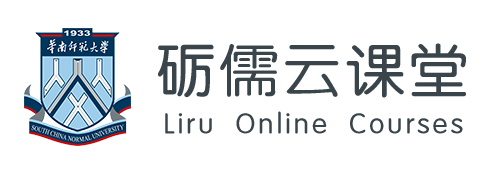大数据计量经济分析
課程類別International Business College
This course provides a comprehensive introduction to two core econometric methods. The first part focuses on panel data modeling, covering techniques like fixed and random effects models to analyze data combining both cross-sectional and time-series dimensions. The second part delves into univariate time series analysis, primarily explaining the structure, estimation, and application of ARMA (AutoRegressive Moving Average) models for forecasting and understanding temporal dynamics. The overall goal is to equip students with practical skills for analyzing economic and financial data that evolves over time.
教師: 王建东
金融学概论(25-26下学期)
課程類別International Business College
本课程是面向金融学专业的大类必修课程,主要讲授金融与经济的关联以及金融在经济运行中的核心作用,全面系统地掌握金融基本理论、基础知识和基本规律,紧密对接国家金融战略与粤港澳大湾区金融产业发展需求,关注该领域最新动态和金融研究的最新成果。
教師: 马赞军
- 1
- 2(current)
- 3(current)
- 4(current)
- 5(current)
- 6(current)
- 7(current)
- 8(current)
- 9(current)
- 10(current)
- 11(current)
- 12(current)
- 13(current)
- 14(current)
- 15(current)
- 16(current)
- 17(current)
- 18(current)
- 19(current)
- 20(current)
- 21(current)
- 22(current)
- 23(current)
- 24(current)
- 25(current)
- 26(current)
- 27(current)
- 28(current)
- 29(current)
- 30(current)
- 31(current)
- 32(current)
- 33(current)
- 34(current)
- 35(current)
- 36(current)
- 37(current)
- Next page
